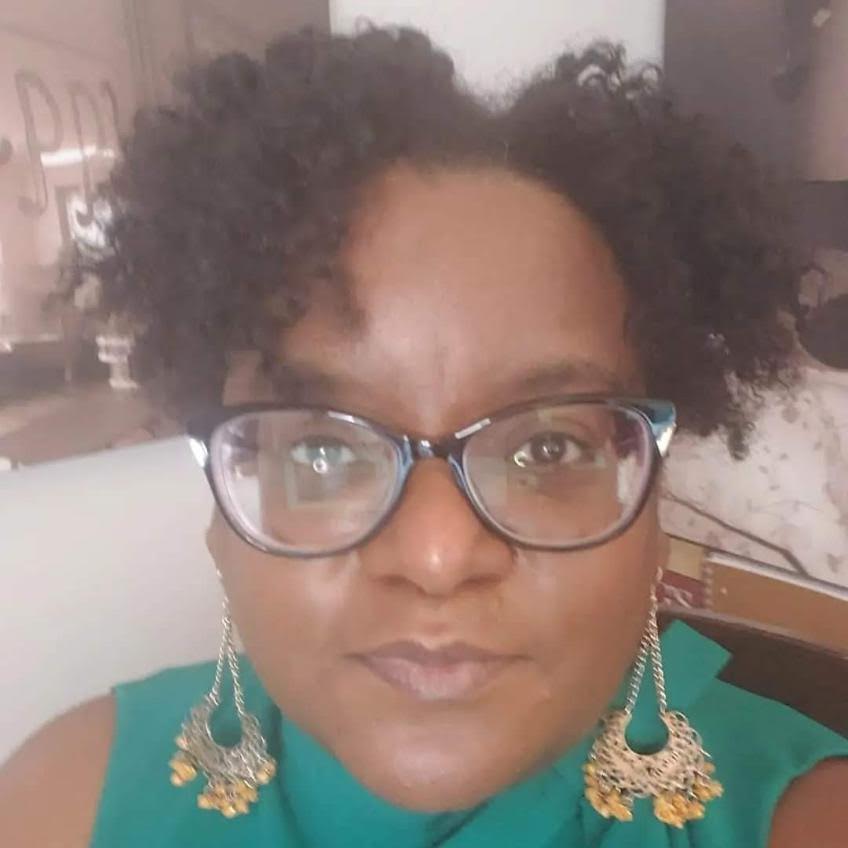By Dora Muhammad
“And so, lifting as we climb, onward and upward we go, struggling and striving, and hoping that the buds and blossoms of our desires will burst into glorious fruition ere long. With courage, born of success achieved in the past, and with a keen sense of responsibility, which we shall continue to assume, we look forward to a future large with promise and hope. Seeking no favors because of our color, nor patronage because of our needs, we knock at the bar of justice, asking an equal chance.” – Mary Church Terrell
I always find October to be a confounding paradox of public messaging. We endeavor to amplify our voice through a multitude of strategies to get out the vote in the final weeks leading up to the general election. When it comes to social awareness, October has unequivocally been taken over by pink ribbons. With an aunt who succumbed to it and a sister who prevailed three times over it, I am deeply involved in this issue.
More acutely, I have devoted my life to amplifying voices in social action and awareness of domestic and intimate partner violence—because, first, my mother is a survivor, but second, it is our silence that perpetuates it. Thus, I have come to appreciate churches that devote a service to Pink & Purple Sunday, where they commit to programming centering national October observances of both breast cancer and domestic violence awareness and exhorting members to respect the dignity of every human being.
From prayer vigils and fundraising walks or runs to support local shelters to facilitating forums and discussions on healthy relationships and community resources, churches can integrate a host of special events into their October programming. Coordinating events throughout the year is vital to shaping cultural shifts to support survivors outside of October. Events can be coordinated in connection with anniversaries of local cases or milestones in the work of a local organization.
With statistics of more than 41% of women and 26% of men in the U.S. experiencing intimate partner violence, social awareness must be deepened into social action. These statistics are worse in the Caribbean and Africa, particularly Guyana, where more than half of all women have experienced domestic violence. Only this year has Guyana passed comprehensive legislation that expands assistance to survivors for critical intersections of legal, financial, housing, family, and health services that will enable them not only to leave abusive relationships but to rebuild their lives.
Changing societal understanding of the roots and consequences of abuse and violence in relationships remains at the core impact of public statements by influential institutions and organizations. Intimate partner violence demands a community response in the same vein as street violence and armed conflict between nations. The violence stems from the same root of power and control over the freedom and resources available to others deemed inferior.
I remember learning decades after working with high-profile political figures to convene a national event that one key leader had pummeled his wife in the privacy of their hotel room only a few hours after walking onto the public stage of the conference. When authorities were called, the bloodied woman remained inside and dismissed the concerns of the colleagues of her husband who had called them. She suffered in silence despite others seeking to bring visibility to the violence that caged her to end it.
The AME Church has explicitly condemned all forms of abuse and called for the training of clergy and lay leadership to recognize the signs of intimate partner violence and respond appropriately to connect members with community resources as an essential component of pastoral care. How many districts do that in reality today? The impact of the denominational stance has yet to fully manifest and serve as a model to the Black Church.
Beyond economic, legislative, and cultural interventions, we must bring voice to the nearly intractable silence that surrounds the religious undertones that ground the norms. We must stop the propagation in response to incidents of violence that there is a virtue in suffering in silence, especially when the bruises are not visible. We must shed the cloak of acceptable forms of discipline that cover tortuous and dehumanizing family violence.
We must reach for deeper spiritual wisdom that will mitigate the harm of traditional counseling that coaxes the abused and bruised to stay and pray because God hates divorce; it is un-Christian to leave because we do not allow God to work it out.
This October and beyond, do not just ask survivors to share stories. Celebrate them. Celebrate their safety year-round.
“What do we imagine for women throughout the world? The women we do not see, who are not seen by society and culture, overlooked and discounted like the crawling caterpillar. Can we imagine better for them? The better we demand for ourselves. And can we imagine a collective elevation? The many things we imagine for our lives existing in connection with their lives. Butterfly women imagining wings.” – Butterfly Women (2017)
Dora is the founder of The AWARE Project (Advocacy for Women’s Activism, Rights and Empowerment). She serves as Faith in Public Life’s Senior Director of Coalitions and Campaigns and the Institute of Caribbean Studies’ Ambassador to Women.





